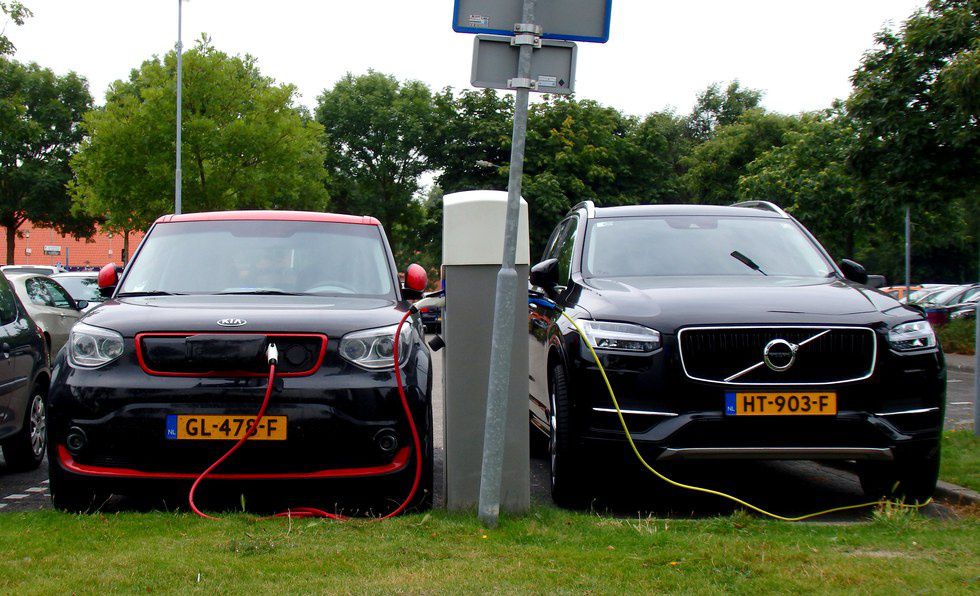Auto enthusiasts need not worry. Even though the likes of Tesla and Volvo are trying to take the driver out of the equation, car culture is here to stay. Yes, in a couple of decades, we will see the rise of driverless vehicles, but like any industry and passion, we will flow with it. Here are some reasons why car culture will continue to thrive in the future.
Driverless Cars are Wonky
What was outlandish, awe-inspiring, Hollywood technology is becoming more and more of a reality. Once Tesla rolled out its first big autonomous update — autopilot — YouTube was flooded with drivers and reporters alike, hesitantly trusting the system with their own lives. All was good, until a few accidents, a few lethal, surfaced, showing that the technology is still a bit science fiction.
Car Companies Are Pushing Beyond The Limits
Porsche recently unveiled their new 911 Turbo S. Its outlandish levels of power propel the iconic machine from zero to sixty miles per hour in a skull-crushing two and a half seconds. We have reached the point where civilian production cars are as fast as many race cars, and this goes beyond just sheer straight line speed. Many companies are offering adaptive suspensions that can handle the road and the track, all by tapping a screen. Mind-blowing to say the least.
Gas, Diesel, Hybrids, Electric... Hydrogen?
Thanks to Elon Musk, the war between the alternative fuels is being won by battery power. Tesla may be dominating at the moment, but many other major automakers have seen the company's popularity and been inspired to enter the segment. In fact, Porsche is planning to build a "Tesla fighter" in the near future. Despite this, there are other means of powering a car with renewable fuel. Hydrogen is starting to pick up speed, albeit very slowly. Thanks to Toyota's desire to refine the technology, hydrogen cars are gaining more of a presence. In the US, they are mostly isolated in California at the moment, but so was battery power when it first started. Could this be the next war in the auto industry?
Power AND Efficiency
Tesla is creating immense power out of electric motors and batteries. Volvo is embracing aggressive, forced induction with their lineup. Virtually every major automaker has made some form of a hyper-car — fancy speak for a hybrid supercar. The innovation the auto industry has been facing over the last decade has been incredible to witness. Auto shows have become less of a place to showcase new models, rather, a time to show the world what they company is exploring technologically.
Safety
Cars are safer now more than they ever have been. The progress cannot be more obvious and direct when comparing a modern Chevy Malibu and a venerable Chevy Bel Air. These improvements will continue, especially with the rise of autonomous vehicles. Allowing a computer to drive will, in theory, reduce the risk behind human error and therefore, reduce accidents. Baby steps will be required, but companies like Volvo have already made vast commitments to eliminate fatalities in accidents.
Five Cars in One?
Several automakers are embracing the electronic world for its flexibility. For instance, BMW has recently embraced several "drive modes" that goes beyond a simple sport button. Electronically tweaking individual mechanical components of the car — the suspension, steering weight, suspension and engine response - creates a highly variable machine. In theory, cars with this system work very well. Need a car for cruising on date night? Use comfort mode. Need to hammer out a canyon road after work? Use dynamic mode. Want something in between? Go ahead and customize the setup from the driver's seat. The technology needs some more refining, but it is still very compelling.

























